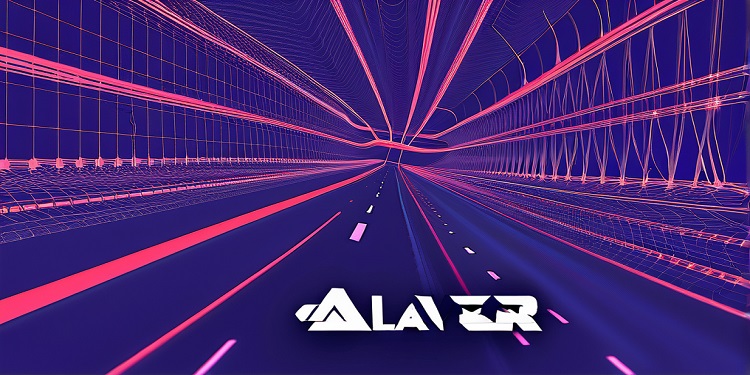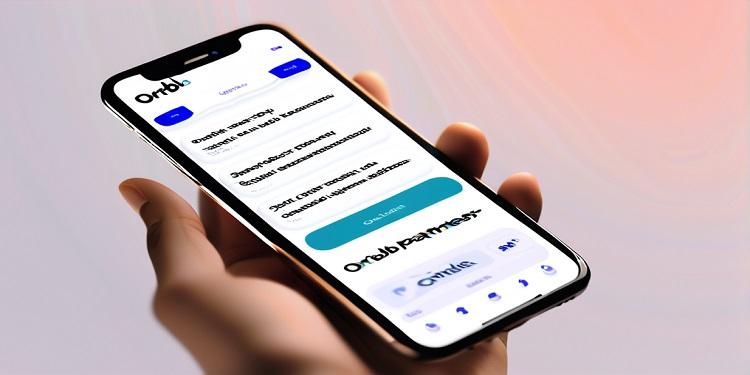 Concordium has introduced Web3 ID, a blockchain-native identity platform that offers programmable privacy features for both individuals and organizations. This innovative platform enables digital identity holders to generate Zero-Knowledge-Proofs (ZKPs) for decentralized applications (dApps) and allows dApps to seamlessly request proof of user identity. By doing so, Web3 ID empowers individuals and businesses to take charge of their personal information, addressing the issue of data ownership that plagues centralized legacy systems.
Concordium has introduced Web3 ID, a blockchain-native identity platform that offers programmable privacy features for both individuals and organizations. This innovative platform enables digital identity holders to generate Zero-Knowledge-Proofs (ZKPs) for decentralized applications (dApps) and allows dApps to seamlessly request proof of user identity. By doing so, Web3 ID empowers individuals and businesses to take charge of their personal information, addressing the issue of data ownership that plagues centralized legacy systems.
Empowering Users and Businesses:
Mikael Breinholst, the Head of Product at Concordium, explained that Web3 ID’s launch comes at a crucial time when individuals and companies are grappling with rising online fraudulent activities. The platform offers a fresh perspective on how digital identity and data are managed in the digital realm. It steers away from centralized data storage and verifications, paving the way for enhanced safety. Web3 ID leverages Zero-Knowledge Protocols and programmable identities to grant users autonomy and data transaction security, while harnessing the inherent security of blockchain technology.
Enhancing Data Control:
Concordium’s Web3 ID boasts a built-in ID layer and Zero-Knowledge-Proof technology, ensuring that users only need to disclose relevant information when conducting transactions on the platform. Unrelated details are securely stored in a decentralized wallet. Organizations using Web3 ID can swiftly issue requests and verify credentials that are fraud-proof, adding robust layers of security to blockchain services. Furthermore, users benefit from seamless verification processes and heightened transactional security, all within the bounds of Concordium’s regulatory-compliant technology.
Kare Kjelstrom, CTO & CPO at Concordium, emphasized the intuitive nature of Web3 ID’s identity infrastructure, which facilitates easy integration for dApps, ensuring a user-friendly experience while maintaining cost-effectiveness. Kjelstrom underscored the transformational shift in data ownership that Web3 ID represents. In contrast to the prevalent practices of technology companies that have historically harvested and traded user data, Web3 ID sets a new standard where users retain full control over their personal information. This paradigm shift opens up numerous use cases across various industries as more dApps begin to build on the Web3 ID platform.
Supporting a Regulated Blockchain Future:
The release of Web3 ID stands as a significant achievement in Concordium’s mission to support a regulated future for both new and existing organizations operating within the blockchain technology space. Concordium’s commitment to this vision is further exemplified by recent partnerships with key players such as smart wallet host Web23, AI service provider 2021.ai, and carbon offset management platform Aqualibre.
Conclusion:
Concordium’s introduction of Web3 ID reflects a pioneering step in redefining how digital identity and data ownership are perceived and managed. This blockchain-native identity platform empowers users by placing control firmly in their hands, reducing the risks associated with centralized data storage and enhancing transactional security. Web3 ID’s potential impact extends beyond individual users, as it offers businesses a robust solution for issuing and verifying fraud-proof credentials. As the platform gains traction and more dApps embrace its technology, it promises to usher in a new era of data ownership and security within the digital landscape.








